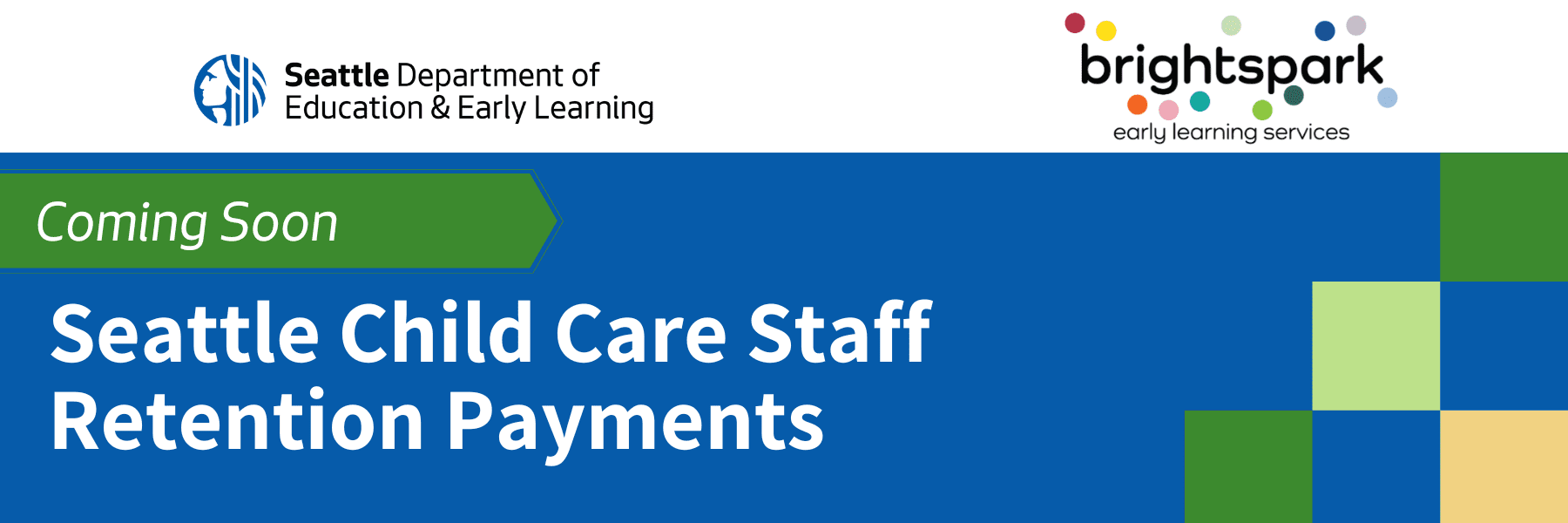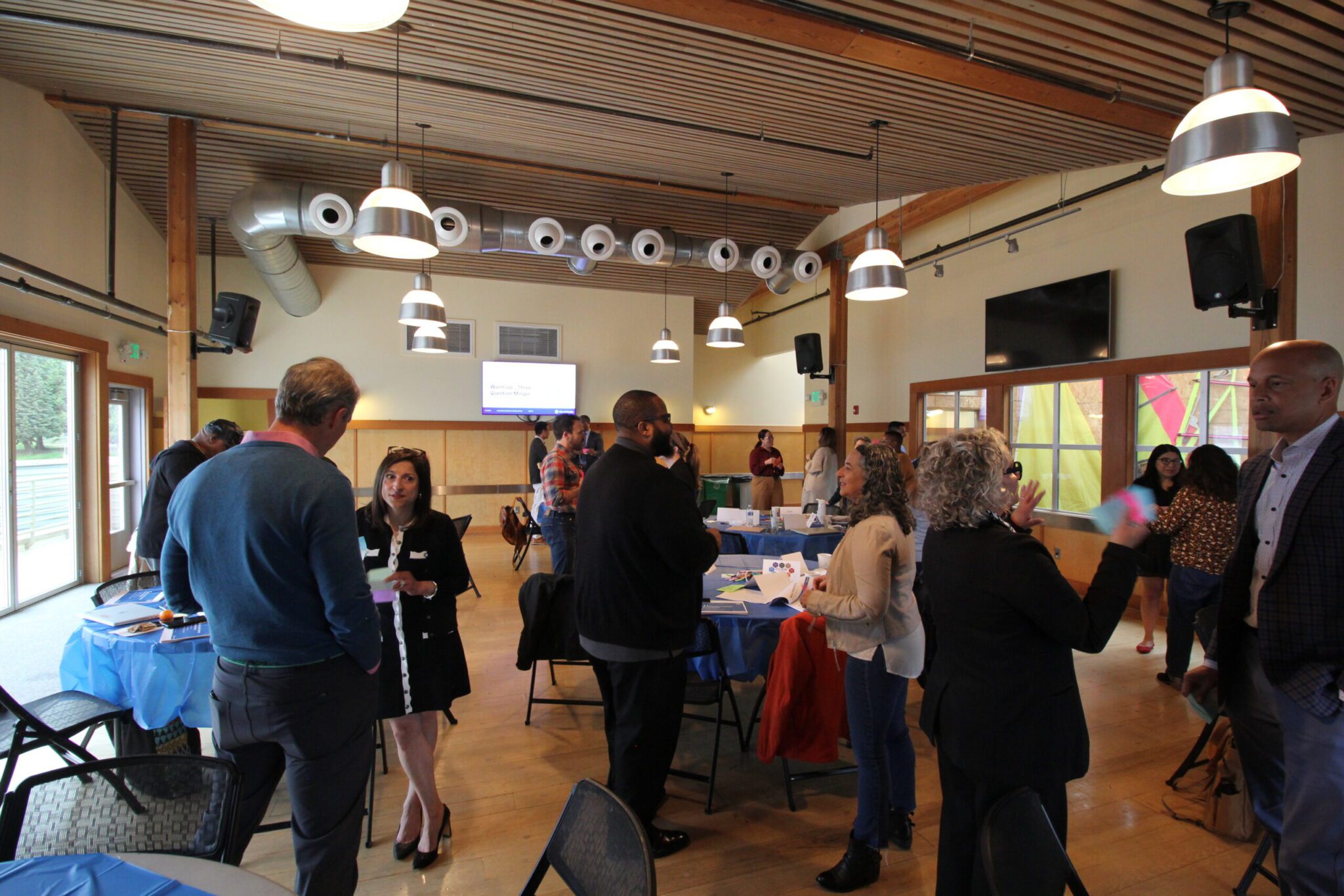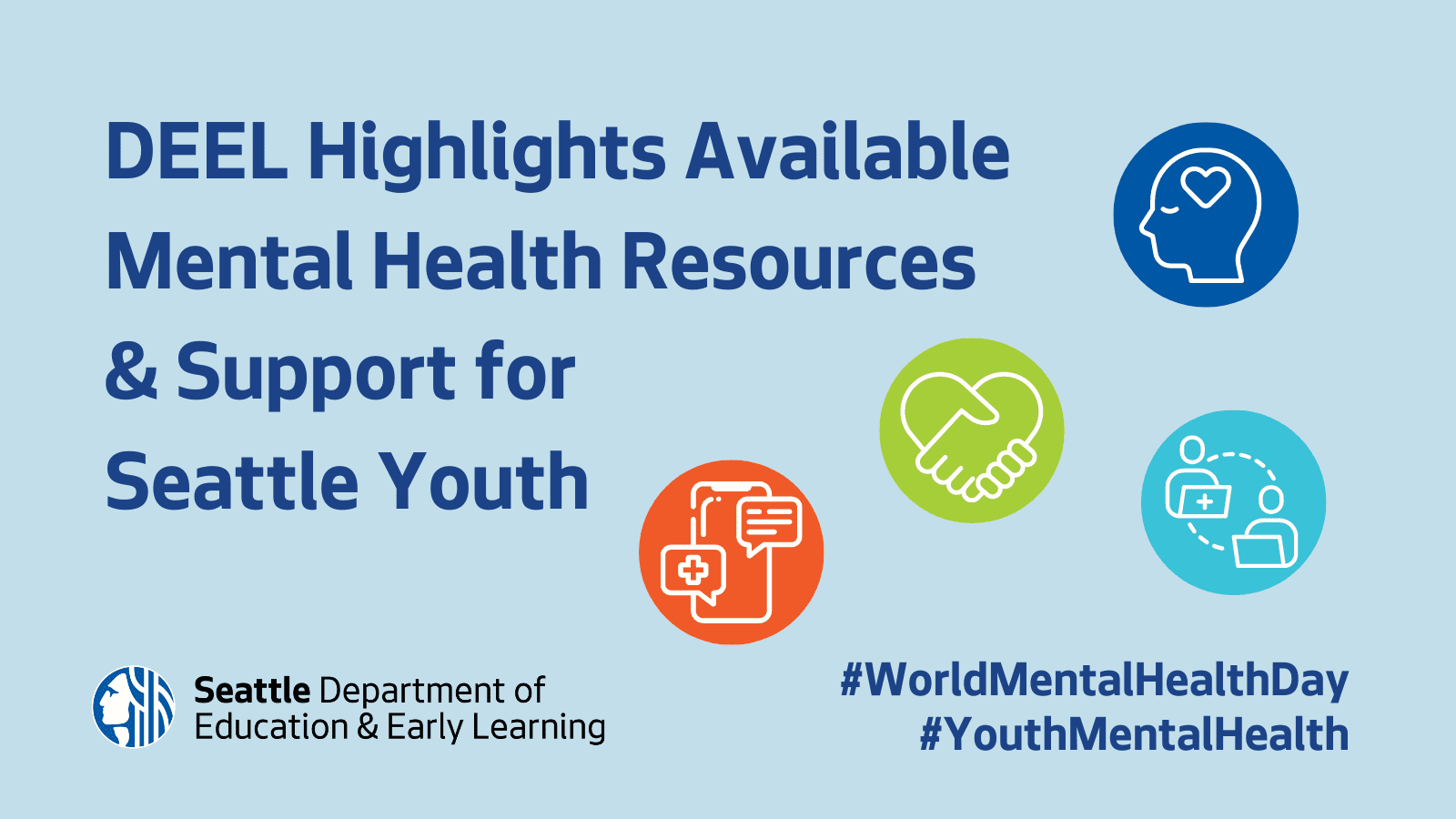When the first COVID-19 cases were discovered in early March, the City of Seattle mobilized for quick and comprehensive response across all its departments, from opening up additional shelters for people experiencing homelessness, to protecting residents from evictions and utility shut-offs, to standing up emergency child care for Seattle’s essential workers and first responders. These efforts, along with countless others in partnership with state, public health, and community organizations—as well as the critical role played by residents in stopping the spread—helped Seattle became a model for the rest of the country in how to save lives and protect our health care system from becoming overwhelmed.
But the financial impact of COVID-19 is significant. Dramatically reduced City revenues due to business closures and reduced economic activity in Seattle, combined with increased spending on a variety of fronts to fight the disease and mitigate its effect, have resulted in a shortfall of over $200 million. As the City Budget Office (CBO) and City departments have evaluated the financial impact of the pandemic, departments have been asked to reevaluate discretionary spending and identify budget reductions for 2020.
The Department of Education and Early Learning has identified savings in four main areas to minimize the impact of the budget crisis on our programming and services and maintain key learning investments that impact children and youth from cradle to college.
These savings come from the following areas:
- Reduced spending due to school and facility closures
- Programming that was delayed or canceled due to COVID-19
- Holding previously budgeted staff positions vacant
- Canceling non-essential consultant contracts
These savings allow us to continue in our mission to transform the lives of Seattle’s children, youth, and families through strategic investments in education all while adapting our programming and services to COVID-19 and evolving public health guidelines.
Below are updates on how some of our key investments are moving forward in summer 2020 and in preparation for what is expected to be a dramatically altered 2020-2021 school year:
Seattle Preschool Program
Funded by the Families, Education, Preschool, and Promise (FEPP) Levy, the Seattle Preschool Program (SPP) provides access to high-quality, affordable preschool for Seattle children and partners with community-based early learning providers to ensure that Seattle students are kindergarten ready.
SPP classrooms played an integral role in the City’s Emergency Child Care (ECC) program, which was launched early in the COVID-19 crisis to address the needs of Seattle’s essential workers’ for child care in light of extended school closures. The Seattle Preschool Program is currently enrolling for the 2020-2021 school year.
K-12 School and Community-Based Investments
DEEL’s K-12 staff are working with our school and community partners to plan for how to best support students and close opportunity gaps should public health guidelines call for a continuation of remote learning in the upcoming school year. Our K-12 investments offer supplemental services focused on closing opportunity gaps for students, schools, and communities with the greatest needs, with a particular focus on college access and job readiness.
K-12 School Health
K-12 School Health investments are designed to increase Seattle students’ access to comprehensive medical and mental health care and other services. The FEPP Levy supports 29 School Based Health Centers (SBHCs) located in schools across the city. In response to school closures and the unprecedented challenge of the COVID pandemic, SBHC staff have modified services to provide continuity of care for students through efforts like remote wellness checks, telehealth services, conducting preventative outreach, and providing support at food distribution sites. When schools reopen, SBHCs will continue to play a critical role in addressing the concerns and needs of school communities.
Upward Bound
Upward Bound prepares underserved high school students from Garfield and Rainier Beach for higher education by promoting academic achievement, goal setting, and career exploration. The program’s goal is to give students the knowledge, skills and motivation necessary to earn a two- or four-year college or technical degree after high school. Each year, more than 100 students from Garfield and Rainier Beach Seattle public high schools participate in Upward Bound.
Due to COVID-19, the program’s Summer Academy has moved to a virtual format, and students will be receiving their classes through Canvas, an online program used by several Seattle colleges and universities as part of their educational services.
Seattle Promise
Last month, the first two-year experience Seattle Promise class graduated, with 90 Promise scholars receiving their associates degree or certificate. Promise was designed to respond to growing workforce demands for a postsecondary degree or credentials and offers Seattle students access to postsecondary opportunities at any of the three Seattle Colleges (North, Central, and South) and supports toward transfer or completion.
Nearly 1800 applications were received for the 2020-2021 school year, marking the first year the program was open to all graduating Seattle Public Schools seniors. Matriculating scholars will attend a modified Summer Bridge event in September in preparation for the school year consistent with COVID health guidelines. Visit the Seattle Promise web page for more information.
Even in the midst of these uncertain times, DEEL will advance our mission to transform the lives of Seattle’s children, youth, and families through strategic investments in education.
Stay tuned for more in-depth features on DEEL investments and how we are adapting to COVID-19 public health guidance here on our blog!


